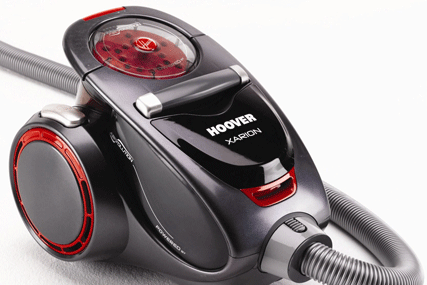1) DON'T patronise us
The idea that we are only interested in getting our whites whiter is stuck in the 1950s. Women on Mumsnet are very often the decision-makers in the home, so you are better off talking up to them than talking down to them. Certainly don't limit the conversation to washing machines and washing powder, because these are the women who decide which family car to buy and which insurance policy to take out.
2) DON'T use random celebrities that have no bearing on most women's lives
We are not interested in what Kerry Katona or Myleene Klass think, and our mums are not going to buy something because Holly Willoughby is recommending it. One campaign that got it right is a fantastic M&S campaign on our site. The ad is all about how ethical and green the company is, showing products and where the company has sourced them from. It is informative and speaks to our audience.
3) DON'T send viral marketers onto our site
It is so easy to spot fake members of the community who infiltrate the discussion and talk about how wonderful a product is. Last summer, a load of people turned up on Mumsnet and planted posts saying, "My son was really sick; you must try Haliborange multivitamins because they made him better."
These people were clearly nothing to do with Mumsnet - they had never been seen before and they didn't have the right tone - and our members were so cross about their bulletin boards being spammed they started a discussion thread called "Haliborange multivitamins kill otters". The thread was then clicked on so many times it appeared at the top of the search rankings when you Googled "Haliborange", which damaged the brand. To be fair, the advertiser often knows nothing about this, it is the viral or digital agency's fault, but the lesson is: don't interact in a false or ridiculous way.
4) DO listen to what we have to say
We have done a lot of product testing for brands since Mumsnet members are opinionated, smart women who are very happy to give their opinion. For example, Dyson invited 20 of our members up to its HQ and asked them what they wanted from their hoover - they were all given a Dyson to test and they spent the day chatting to the engineers. When they got home, they then discussed the experience endlessly on our forums. This is how to get viral marketing right: talk to our audience and engage with them in a natural way.
5) DO be prepared to take the rough with the smooth
In other words, if you are not sure about your products then it is probably best not to ask. But feedback works very well when the product is liked. For example, Listerine sent out product samples of its kids' mouthwash to 100 of our members, accompanied by a survey about kids' toothbrushing. The feedback on the brand was positive, so Listerine could then put the recommendation that eight out of 10 Mumsnetters prefer the brand on the bottle.


